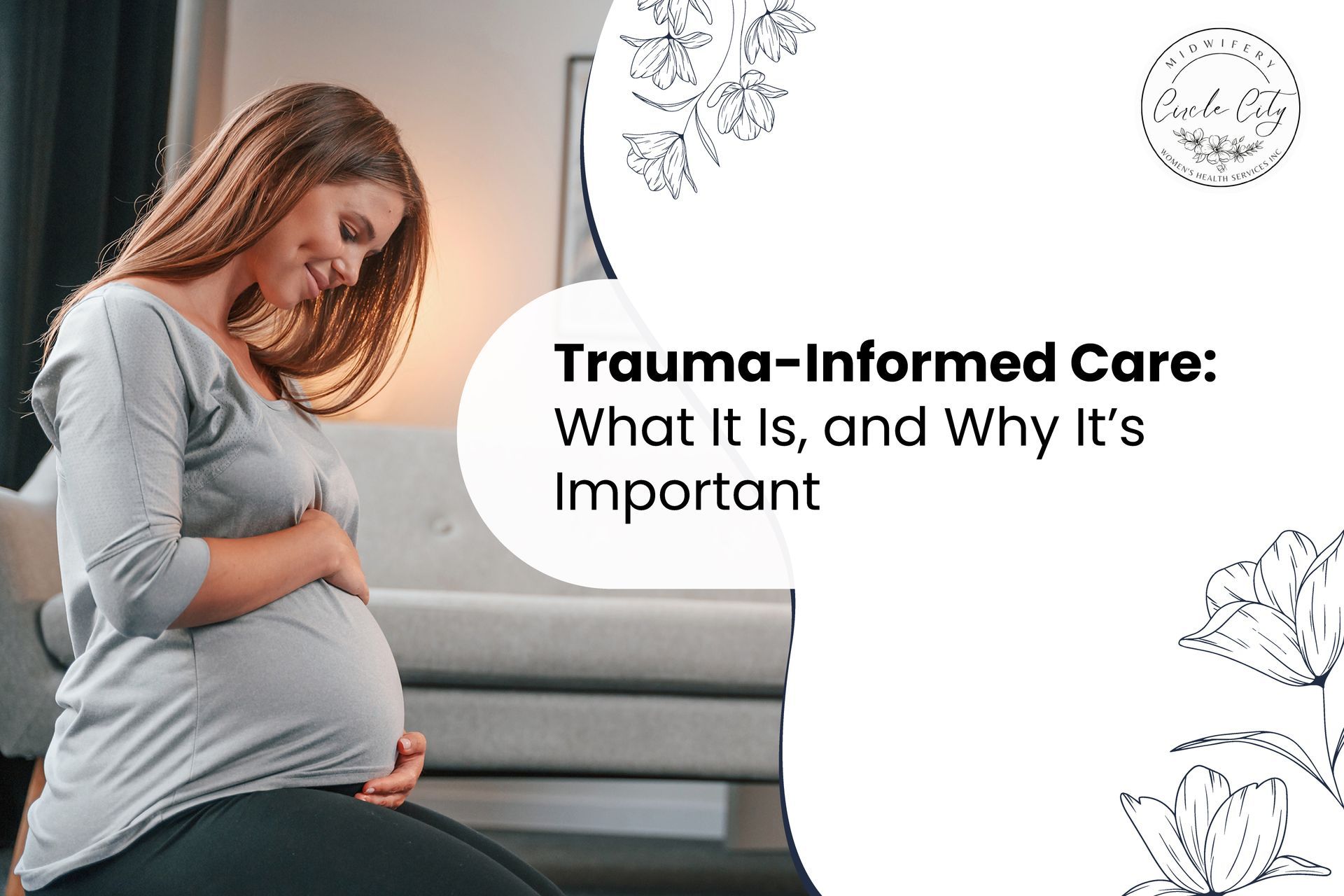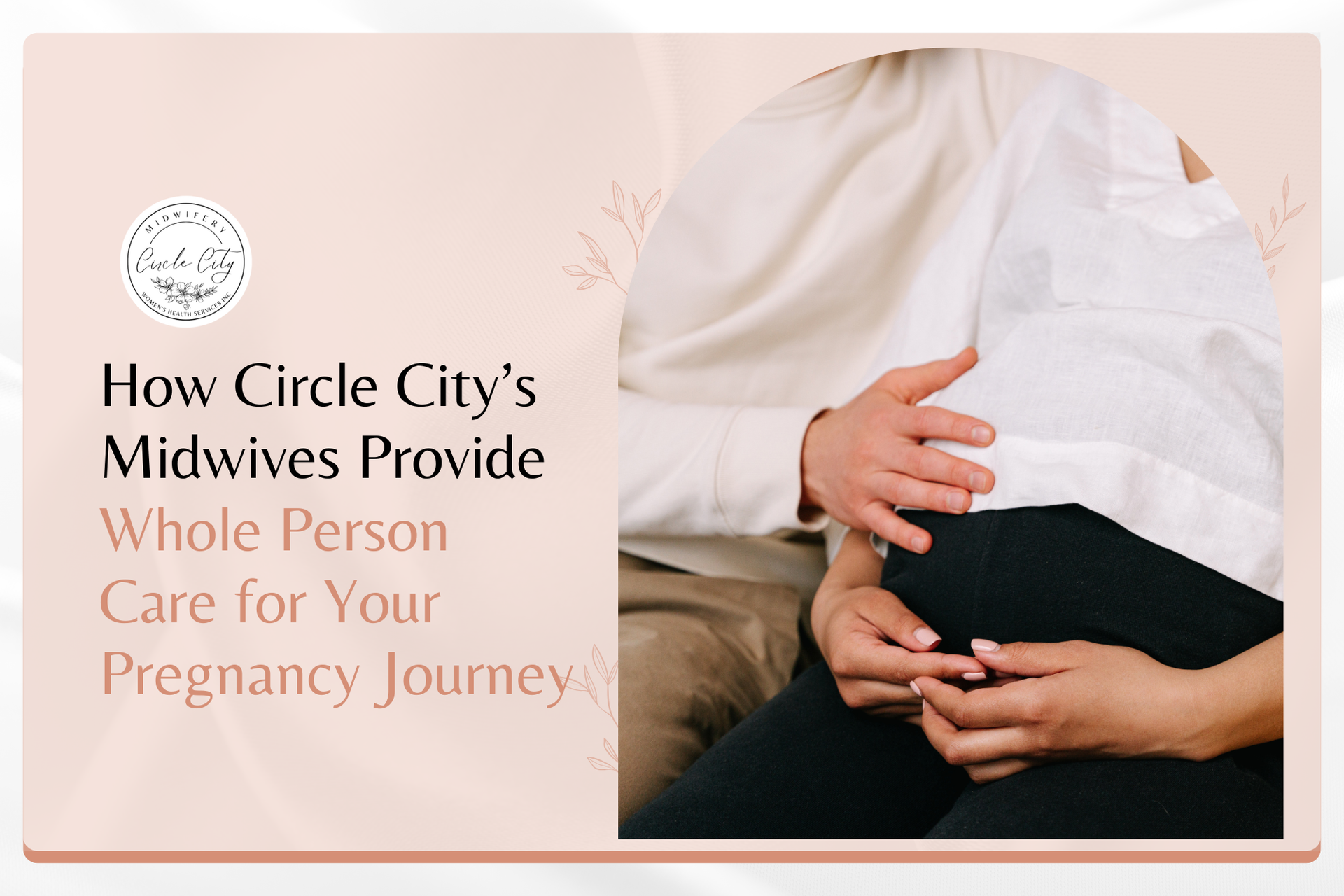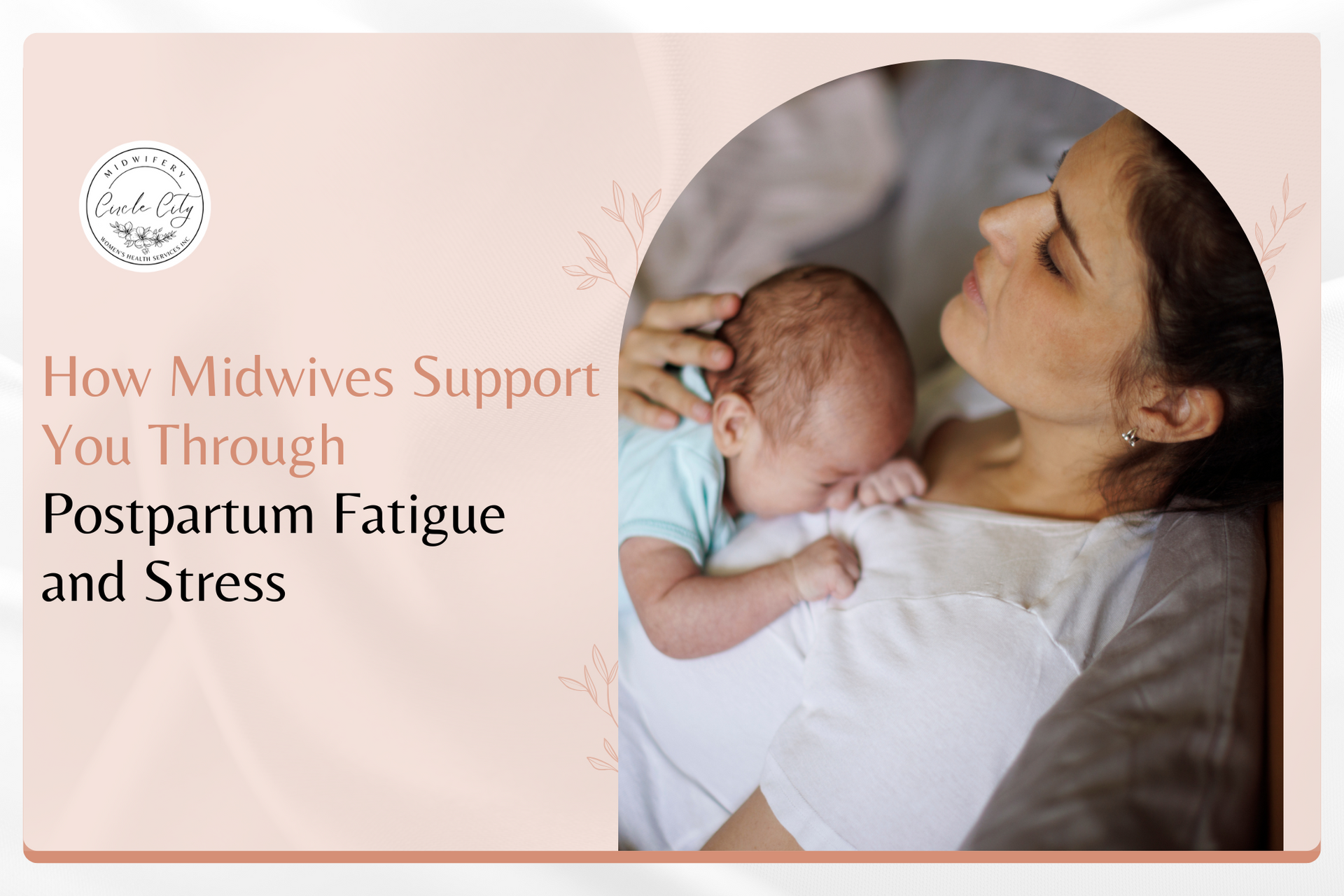Trauma-informed care is a vital aspect of healthcare that is often overlooked. This blog will explore the definition of trauma-informed care, its importance in healthcare, and how we practice trauma-informed care in midwifery.
What is Trauma-Informed Care?
Trauma is any event that causes harm or injury to an individual mentally, physically, and emotionally. Trauma can take many forms, including
- Physical and emotional abuse
- Neglect
- Natural disasters
- Exposure to violence
- Racism and discrimination
The effects of trauma can be long-lasting and can include physical and mental health problems, such as anxiety, depression and post-traumatic stress disorder (PTSD).
Trauma-Informed Care Definition
Informed trauma care is a holistic approach to healthcare that recognizes trauma's impact on an individual's physical, emotional, and psychological well-being. It is a client-centered approach that prioritizes the needs of the individual and recognizes that trauma can manifest in various ways. Trauma-informed care is essential for improving health outcomes, reducing health disparities, and providing more compassionate care.
The goals of trauma-informed care include:
- Recognizing that trauma is a widespread issue that affects many people
- Understanding that trauma can have a significant impact on physical and mental health
- Providing care that is sensitive to the effects of trauma
- Creating a safe and supportive environment for individuals who have experienced trauma
- Providing appropriate referrals and resources
- Promoting healing and resilience in individuals who have experienced trauma
Trauma-informed practices are not only crucial for individuals who have experienced trauma, but it is also essential for healthcare providers to understand and implement in their practice to ensure that they are providing the best possible care for their clients.
Six Principles of Trauma-Informed Practices
So, what are trauma-informed treatments? To be able to practice this type of care, healthcare workers must follow these six principles:
- Safety
- Trust and transparency
- Peer support
- Collaboration and mutuality
- Promoting empowerment and self-advocacy
- Cultural, historical, and gender issues importance
By understanding and incorporating these principles, we can create a more supportive and healing environment for those who have experienced trauma. Healthcare staff implements these principles by providing trauma-specific assessments, incorporating trauma-informed interventions, and training on trauma-informed care.
1. Safety
Traditional care may not recognize the impact of trauma and may not take steps to minimize the potential for re-traumatization. Re-traumatization refers to any exposure that reminds a person of their original trauma or causes them to relive it. It can be triggered by various stimuli, such as words, sights, sounds, and smells.
One of the critical components of trauma-informed care is creating a safe and welcoming environment for clients. It includes
- Providing physical and emotional safety
- Respecting boundaries
- Fostering trust
Trauma-informed doctors and staff understand the importance of creating a safe and welcoming environment for their clients and are trained to recognize the
in their clients. Trauma can manifest in
- Physical symptoms like headaches or chronic pain
- Emotional and psychological symptoms, such as anxiety or depression
They acknowledge that these symptoms are real and valid, and it is important to address them to provide clients with the best care possible.
2. Trust and transparency
Trauma survivors may have experienced betrayal and mistrust in their past, and it is essential to build trust with them to create a healing relationship. Being transparent and consistent can help survivors trust us and build a sense of safety. This principle emphasizes the importance of building trust through open communication and honesty, consistency in our actions, and transparency in all interactions.
3. Peer support
Survivors often feel alone and isolated, and it can be helpful for them to connect with others who have gone through similar experiences. Peer support can provide a sense of validation and understanding to help trauma survivors feel less alone. By offering
opportunities for survivors to connect with others, we can help to build a sense of community and belonging.
4. Collaboration and mutuality
Trauma-informed practices involve working together with them rather than working on them. It means that we must be open and willing to listen to survivors' perspectives and experiences and work with them to create a care plan tailored to their unique needs. By collaborating and working together, we can help survivors to feel more in control of their healing process.
5. Promoting empowerment and self-advocacy
This principle emphasizes the importance of encouraging individuals to be their advocates and to believe in their healing journey. Survivors may have experienced powerlessness and a loss of control, and it is vital to help them to regain their sense of agency.
This empowerment can be achieved by providing survivors with information and resources and supporting them in advocating for themselves. By promoting empowerment and self-advocacy, we can help survivors to regain control of their lives and to make their own decisions.
6. Cultural, historical, and gender issues importance
Trauma is not a one-size-fits-all experience, and it is important to understand the unique
cultural, historical, and gender context in which a survivor's trauma occurred. This principle acknowledges the importance of understanding and respecting these differences, creating a more inclusive and culturally responsive environment, and tailoring support and interventions to meet individual needs.
The Benefits of Trauma-Informed Care
Implementing trauma-informed approaches may lead to
- Better adherence to treatment plans
- Increased patient participation
- Better well-being and health outcomes
- Improved coordination and continuity of care, with healthcare providers working together to provide holistic, integrated care.
- Greater access to
support and resources, such as counseling and therapy, to help patients cope with the effects of trauma
- Lesser chances of unnecessary care and costs for both healthcare and social services
Trauma-Informed Care in Midwifery
The birthing experience is a significant life event for many individuals; for some, it can be a traumatic experience. For example, those who have experienced sexual assault or abuse may have a difficult time during labor and delivery because of the physical and emotional trauma they have experienced.
Additionally, individuals who have had a previous traumatic birth experience may have a difficult time during subsequent pregnancies and deliveries. Some may experience trauma during pregnancy, such as in cases of miscarriage or stillbirth.
By being aware of the potential for trauma and taking steps to create a safe and respectful environment, midwives can help minimize trauma's negative impact on the birthing process and promote positive outcomes for their clients.
One key aspect of trauma-informed care in midwifery practice is informed consent and shared decision-making. It means that birthing individuals and their families are fully informed of their
birthing options and have a say in the care they receive. This approach promotes autonomy and agency and helps to reduce the potential for re-traumatization.
Another critical aspect of trauma-informed care in midwifery practice is providing appropriate support and resources. This includes providing access to counseling and therapy and connecting individuals and families with community resources to support their healing.
Ensuring a Safe and Empowering Birth Experience with CCCM
Circle City Midwifery & Women's Health Services, Inc's midwives are certified nurse midwives(CNMs) trained in trauma-informed care for birthing plans and wellness visits. Our CNMs work with individuals to create birthing plans that take into account any previous experiences of trauma and that aim to create a safe and supportive environment for birthing individuals and their families.
Moreover, we provide appropriate support and resources to clients who have experienced trauma, such as referrals to counseling or other support services as needed. These avenues can help to promote healing and resilience in individuals who have experienced trauma.
If you are looking for a midwifery care center in Corona, California, or "midwife services near me," look no further than
Circle City Midwifery & Women's Health Services, Inc!
Our highly qualified midwives, birth assistants, and administrative staff are here to support you every step, whether supporting a healthy lifestyle, preparing for childbirth, or preventive gynecological care.
We offer a range of personal options to ensure seamless healthcare coordination throughout
pregnancy,
birth, and
preventive care. Trust us to be your partners in your birth experience! Contact us today at 951-547-4208 or email info@ccmidwifery.com.














